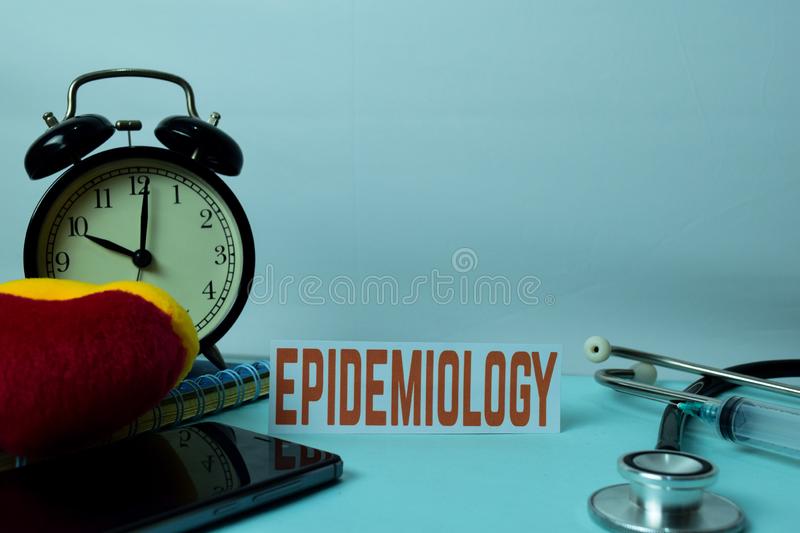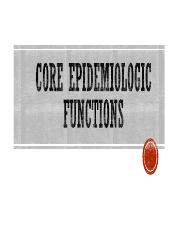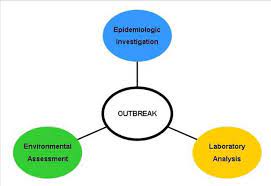
Health Profession
SubCategories
Health Profession Courses
-
1 Classes
-
0 Minutes
-
0 Students
-
trending
Research Data Management is the care and maintenance of the data that is produced during the course of a research cycle. It i..
- 10000.00RWF
-
1 Classes
-
0 Minutes
-
0 Students
-
trending
Historical epidemiology is the study of the impacts of efforts to control disease over time and the ways in which interventio..
- 10000.00RWF
-
1 Classes
-
0 Minutes
-
0 Students
-
trending
Epidemiological investigations can provide strong evidence linking exposure to the incidence of infection or disease in a pop..
- 10000.00RWF
What learn
- Describe the three main groups of measures in epidemiology and their respective sub-divisions: Frequency, association a...
-
1 Classes
-
0 Minutes
-
0 Students
-
trending
Epidemiology and the information generated by epidemiologic methods have been used in many ways as public health officers use..
- 10000.00RWF
-
1 Classes
-
0 Minutes
-
0 Students
-
trending
Asthma is the most common chronic childhood illness, with rapidly increasing prevalence in low-income countries. Among young..
- 10000.00RWF
What learn
- Introduction and Background of Asthma among under five years children
- Prevalence and incidence of asthma among under five years children
- Epidemiology of asthma among under five years children
- Causes, signs and clinical symptoms of asthma among under five years children
- Risk factors for developing Asthma among under five years children
- Diagnosis and Test of asthma among under five years children
- Management and Treatment of asthma among under five years children
- Prognosis and different preventive measures of asthma among under five years children
-
1 Classes
-
0 Minutes
-
1 Students
-
trending
Malaria is a very widespread disease in the tropics and subtropics regions of the world including Africa. It affects over 650..
- 10000.00RWF
-
1 Classes
-
0 Minutes
-
0 Students
-
trending
Core epidemiologic tasks of a public health epidemiologist include public health surveillance, field investigation, research,..
- 10000.00RWF
What learn
- Introduction on core functions of epidemiology
- Summary of Core functions of epidemiology
- Description of 6 core functions of epidemiology
-
1 Classes
-
0 Minutes
-
0 Students
-
trending
Descriptive epidemiology provides a way of organizing& analyzing data on health& disease in order to understand variations in..
- 10000.00RWF
What learn
- Define descriptive epidemiology and its introductory
- Understand and utilization of the 5W’s of descriptive epidemiology
- Understand the use of descriptive epidemiology
- Explain the reasons for compiling and analyzing data by time, place, and person
-
1 Classes
-
0 Minutes
-
0 Students
-
trending
The analytic epidemiology is concerned with the search for causes and effects, or the why and the how; and epidemiologists us..
- 10000.00RWF
What learn
- Define analytical epidemiology and its introductory
- List the person characteristic associated with the disease
- Description of categories of epidemiologic studies
-
1 Classes
-
0 Minutes
-
0 Students
-
trending
Case definition in epidemiology, set of criteria used in making a decision as to whether an individual has a disease/health e..
- 10000.00RWF











